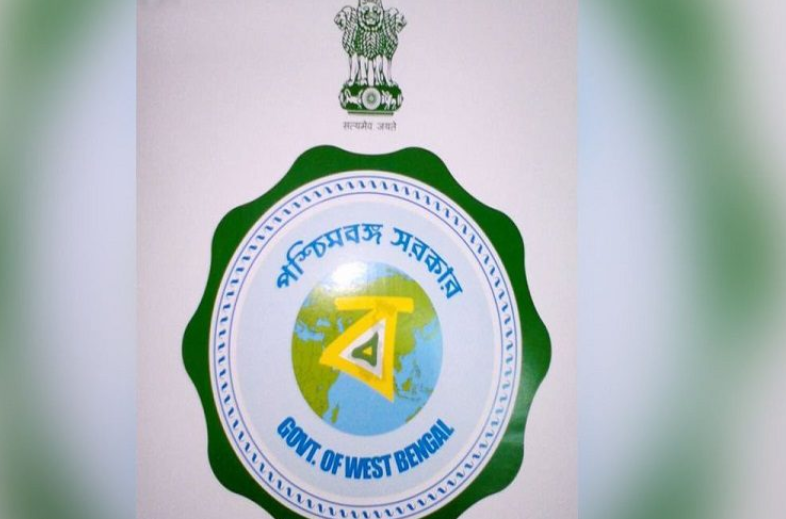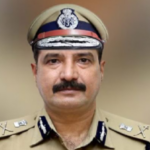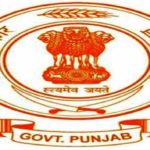West Bengal revises DGP posting norms while sidestepping the UPSC involvement.
The West Bengal government has introduced a new mechanism for selecting the state’s Director General of Police (DGP), effectively excluding the Union Public Service Commission (UPSC) from the process.
Under the revised guidelines, the DGP will now be appointed by a state-level selection committee headed by a retired High Court judge, along with the Chief Secretary, Home Secretary, and other senior officials. This marks a departure from the previous system, which required the state to send a panel of eligible IPS officers to the UPSC, which in turn would shortlist three names for final selection by the state government.
The move is reportedly in alignment with the Supreme Court’s 2006 judgment on police reforms, following a petition filed by former Uttar Pradesh DGP Prakash Singh, which called for independent state-level panels for DGP appointments to ensure greater autonomy and transparency.
This regulatory shift could pave the way for Rajeev Kumar to be formally appointed as West Bengal’s DGP for a fixed two-year term. Kumar, who was made acting DGP in December 2023, was removed by the Election Commission during the polls but was reinstated to the post after the elections by the Mamata Banerjee-led government.
With this move, West Bengal joins the ranks of states like Punjab, Uttar Pradesh, and Jharkhand, which have also taken steps to redefine the process for appointing their police chiefs. In 2023, Punjab’s AAP government passed an amendment to its police act—currently awaiting presidential assent—while Uttar Pradesh brought in similar rules last year. Jharkhand, too, announced in January its plan to set up a selection committee for appointing its next DGP.





